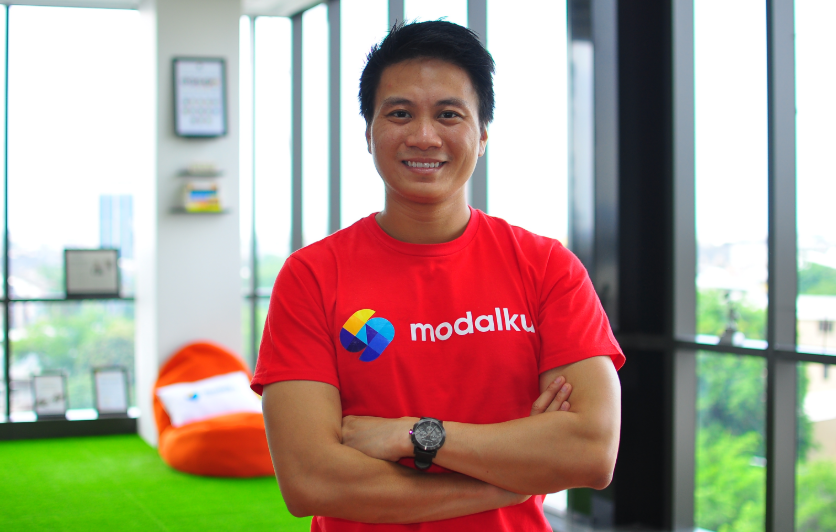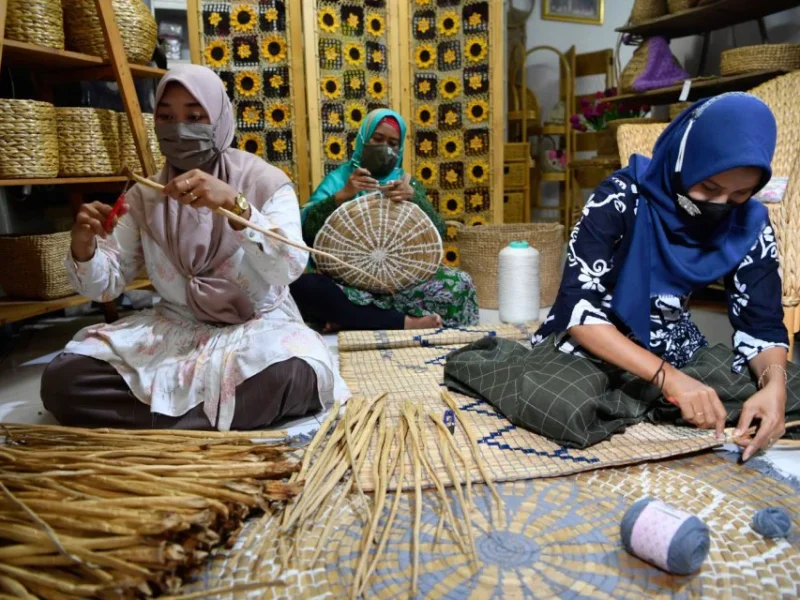The development of the digital world and the ease of technology allows young people to start their own businesses. Fresh funds or money are not the only capital that they must have to build a dream business. Just look at Reynold Wijaya who pioneered a financial technology company (Fintech), PT Mitrausaha Indonesia Group (Modalku).
Modalku, which was established in January 2016, became the biggest peer to peer (P2P) lending platform in Indonesia and Southeast Asia. For your information, Reynold is the third child of the couple Harsono Pangjaya and Susylia Sukana, founder of the Unifam Group.
Reynold chose business and administration courses at Harvard Business School and earned a Master of Business Administration (MBA) degree in 2016.
On campus, Reynold met with Kelvin Teo and Iwan Kurniawan who later became partners in Modalku. From the simple conversation between Reynold and his two friends in the Harvard Business School student dormitory, the idea was created to make a financial technology company in Indonesia focus on funding for micro, small and medium enterprises (UMKM).
After entering the Southeast Asian market through the Singapore gate and succeeding, in 2016 Reynold expanded its business to Indonesia under the name Modalku. The steps are right because the Indonesian market can accept the P2P lending business model well.
Shortly thereafter, Modalku expanded to Malaysia. So now, this Fintech company operates in three countries, namely Singapore, Indonesia, and Malaysia. Reynold claims, currently Modalku is the largest in Southeast Asia.
As of July 2018, Modalku has distributed a total loan of Rp 1 trillion. Reynold said the distribution flowed to 3,500 borrowers.
The majority of borrowers are the millennial generation who are literate in technology and the business world. Loan interest is charged around 15% to 35% per year.
From the loan interest, Modalku gets a reward of around 3%. “Since the beginning of Modalku launched in Indonesia, we have targeted MSME entrepreneurs as our borrowing partners. Most MSMEs do not yet have access to banking for capital,” Reynold added.
He explained the technology owned by Modalku could be a bridge to cover the lack of access. Compared to the loan interest at the bank, Reynold admitted, Modalku’s interest was indeed quite high.
The reason is, the risks borne are also high. The risk of the P2P lending business model is indeed higher than that of banks. Moreover, Modalku targets the MSME (UMKM) market.
The risk of default is certainly large and must be anticipated. “That makes the interest higher. If you say Modalku competes with the bank, it will not be right. We are there to complete the lack of access,” Reynold said.
Until the end of 2018, Modalku targets to be able to maintain the number of non-performing loans or non-performing loans (NPLs) at the level of 1% to 1.5%. And in April, they managed to get Series B funding reaching USD 25 million or almost Rp. 350 billion.


